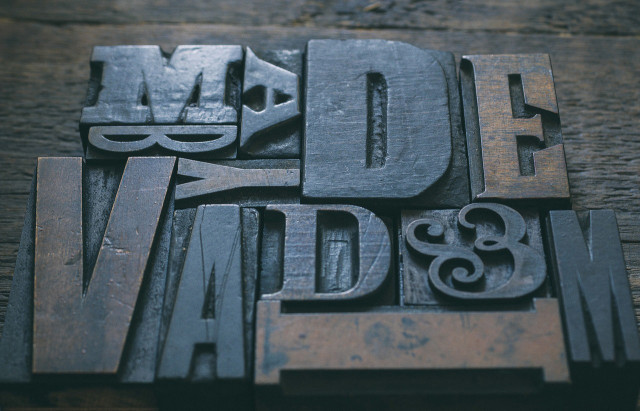An ideal headline has 6 words

Knowing how to write a headline is always key for journalists. The web and social networks demand more effort because the rules of the game have changed and we are required to be in tune with visual language, virality and, of course, rigor.
Choose 10 words from more than a million and try to accurately, concisely and attractively represent a story. Let's go!
Don't know where to start? We've taken some advice from Journalism.co.uk and added some from our experience.
1. More is less.
This should be taken for granted, but it can be quite difficult to resolve a complex idea in a few words.
In the case of the BBC, for example, headlines often have six words that summarize the key details of the story to deliver the core of the story to the reader.
2. Verbs
A good verb can transform the meaning of a sentence and bring it to life. Particularly in sports stories, but they're also applicable in any subject where a little descriptive variation can elevate the headline.
Sorry Real Madrid fans, but this is just an example:
"Barsa beat Real Madrid"
“Barsa demolished Real Madrid”
“Barsa dominated Real Madrid”
“Barsa crushed Real Madrid”
“Barsa humiliated Real Madrid”
Of course, the choice of verb will depend on the editorial voice, but the idea is the same. Recent studies have shown that the statistics heavily skew to prefer verbs over nouns, and “stronger” words are also preferred.
3. Think about social media
Everything you post on the web ends up on Twitter, Facebook, Instagram or Pinterest. If we only think of the first two social networks, we have the option of offering two headline variants. There is no better training for making good headlines than tweeting. The ideal tweet is 100 characters and not 139, so this brevity exercise will help us improve our skills.
4. Numbers and lists
But do not abuse. While it's a formula that has made sites like Buzz Feed and other viral news outlets successful, the truth is that people get burned out too. We read in Vice “10 reasons not to make a post with 10 reasons.
5. Surprise
surprise
6. Apply SEO
Search engines have no idea what your news is about, so you have to use keywords that are very obvious.
7. Test, test, test
Test to find out what kind of headlines work with your audience.
Tweeting a story at the same time on different days with different headlines can give you an idea of what works best and how people are responding. The perfect headline demands great efforts. The Upworthy.com team crafts 25 headlines per post. After a debate, the journalists choose the best. It has worked for them.
8. Do not try to say everything in such a small space.
Wanting to say everything in a headline often leads us to say nothing and be generalists. We have to do the work of finding the key to the story.
9. Avoid stupid questions.
Just like lists, obvious questions don't help at all.
10. Do not promise more than what you are offering. No false advertising. Those “everything you need to know about…” type headlines often don't resolve the audience's doubts. At CDP we have had headlines like this and we believe they could have been better.
11. Stop taking names from songs, movies or books.
"Chronicle of a death foretold" used for any case is a lousy headline, as is "News of a kidnapping." Come on, a little creativity is necessary.
With journalism.co.uk data
Comentarios